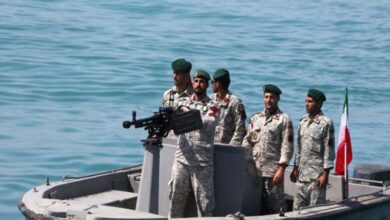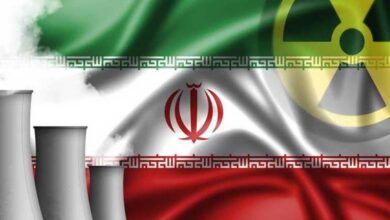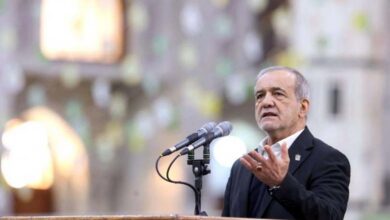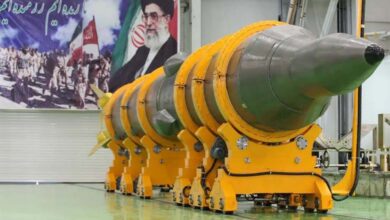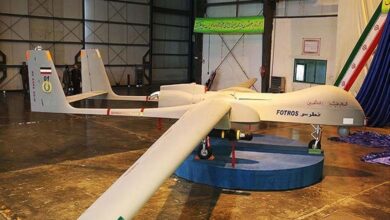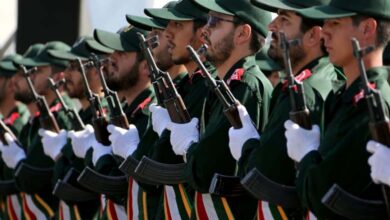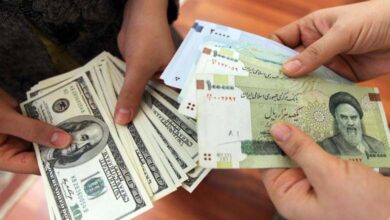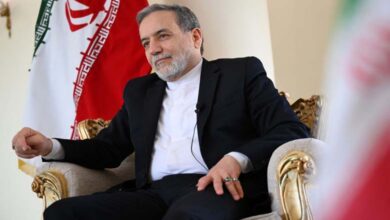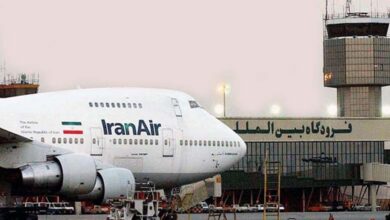Reuters: Second Round of Iranian Presidential Elections Begins Amid Popular Indifference and Escalating Tensions
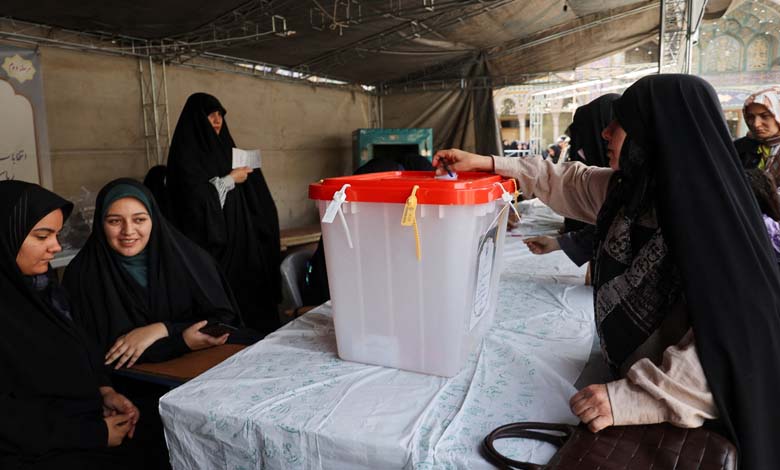
Polling stations opened in Iran on Friday for the second round of presidential elections, a popularity test for religious leaders amidst voter apathy, against a backdrop of regional tensions and confrontation with the West over Tehran’s nuclear program, according to international news agency Reuters.
Historic Decline
State television announced that polling stations opened to voters at 8 AM local time (0430 GMT). Voting will conclude at 6 PM (1430 GMT), though it is usually extended until midnight. Final results will be announced on Saturday, though preliminary numbers may be available sooner.
The agency confirmed that this runoff follows the June 28 elections, which saw historically low turnout, with over 60% of Iranian voters abstaining from voting in the early elections to choose a successor to the late Ibrahim Raisi, who died in a helicopter crash. Critics view this turnout decline as a vote of no confidence in the Islamic Republic.
The elections feature a heated race between deputy Masoud Pezeshkian, the sole moderate among the initial four candidates, and former nuclear negotiator hardliner Said Jalili.
Inconsequential Elections
While the elections will not significantly impact Islamic Republic policies, the president will closely participate in selecting a successor to Ayatollah Ali Khamenei, aged 85 and the supreme decision-maker in state affairs.
Khamenei told state television after voting, “I’ve heard that people’s enthusiasm and interest are higher than in the first round. I hope God makes it so because that would be good news.”
He acknowledged on Wednesday “lower-than-expected turnout” in the previous vote but said “it’s wrong to assume that those who abstained from voting in the first round oppose Islamic rule.”
Voter turnout has decreased over the past four years, which critics say reflects eroding support for the regime amid growing frustration with economic hardships and political and social restrictions.
Only 48% of voters participated in the 2021 elections that brought Raisi to power, while voter turnout was 41% in the parliamentary elections in March.
Escalating Tensions
The agency confirmed that the elections coincide with escalating regional tensions due to the war between Israel and Iran’s allies Hamas in Gaza and Hezbollah in Lebanon, as well as increased Western pressure on Iran over its rapidly advancing nuclear program.
Amir Ali Hajizadeh, commander of the Islamic Revolutionary Guard Corps Air Force, told official media, “Voting gives power… Even with criticism, people must vote because every vote is like launching a rocket against enemies.”
The next president is unlikely to bring major changes in Iran’s nuclear policy or in support for militias across the Middle East, but will manage the government day-to-day and can influence Iran’s foreign and domestic policy.
More Hostile Policy
The agency added that the competitors are establishment men loyal to the religious government in Iran, but analysts said Jalili’s victory, known for his anti-Western stance, would indicate a more hostile domestic and foreign policy.
Pezeshkian’s victory could strengthen a more pragmatic foreign policy, easing tensions over stalled talks with major powers to revive the nuclear agreement and improving prospects for social and political liberalization.
However, many voters doubt Pezeshkian’s ability to fulfill his campaign promises, with a former health minister openly stating he has no intention to confront powerful security hawks and religious leaders.
Many Iranians still recall painfully how unrest across the country was triggered by the death of Maysa Amini, a Kurdish Iranian woman mistreated in detention in 2022, suppressed through a brutal state crackdown including mass arrests and even executions.


